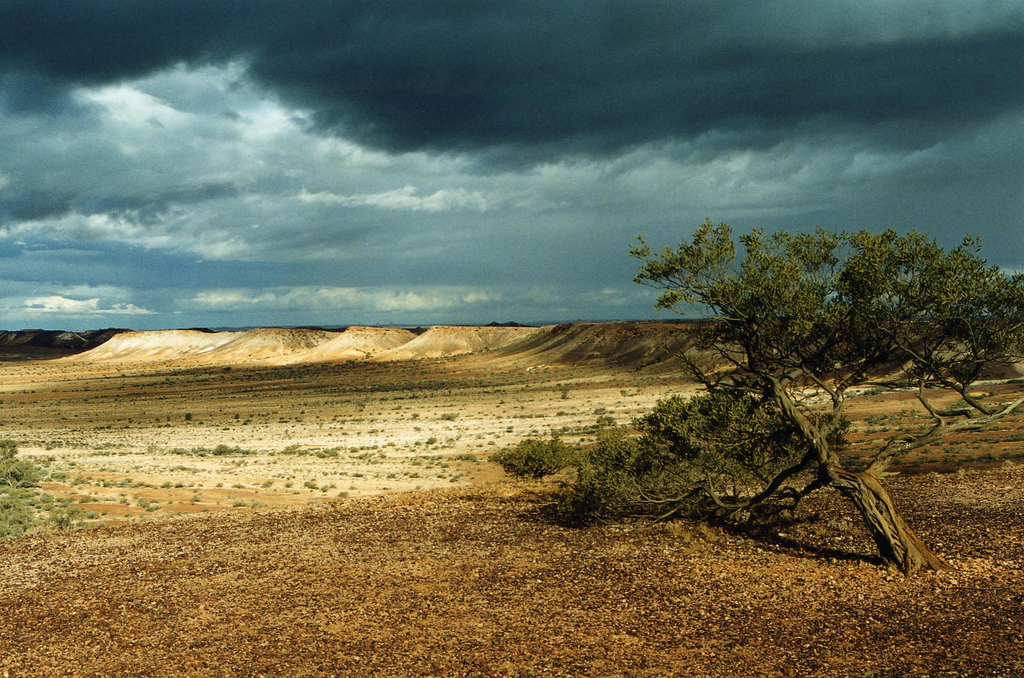Between the ages of eight to about 11, I hated the fact I have Aboriginal heritage. Those were years lived in Darwin, when I attended a primary school with some kids who had ‘Aussie Pride’ heavily instilled in them from a young age. My first encounter with racism, innocent as it was, is a vivid memory I’ve replayed countlessly over the years.
I asked a boy in my grade three class what his favourite colour was—a standard technique for trying to make friends with the class cutie. His reply came quick and cold.
“White,” he said. I didn’t bat an eyelid, but he wasn’t finished. “Because it’s the opposite of black, and I hate anything black.” I remember everything about the way he said it, he was looking me dead in the eye.
I laughed it off and turned around in my seat. On the inside my stomach was churning.
“I’m only a quarter,” I told myself.
At lunchtime the same boy walked past me and something took over. I walked up to him and said, “Hey!” I then kicked him in the leg and ran away. I left an impressive bruise and was later told off by a teacher with the memorable line: “Horses kick, not little girls.” I was not asked if I was provoked, nor did I have any intention of sharing my side of the story. I was ashamed, but also—surprisingly—enraged. What scared me was I had no idea why I was angry, I had no concept of racism or the fact that I’d been a victim of it. Later that day I told my friends I did it because he’d poked his tongue out at me.
Twelve years later the same anger grips me when I witness any form of racial abuse, and every Australia Day my body shakes with it.
I am an Australian with Aboriginal and mixed European heritage. I am educated and privileged in ways so many people are not, because, by pure luck, I was born here into a loving family. I love Australia for many reasons. Australia Day, sadly, is not one of them.
I’ll go back to the memory I painted. Those feelings of anger and sadness that are so strong in me today, did not overrule an underlying shame I felt at such a young age any time it was announced in public that I was Aboriginal. While part of my upbringing had been in my Aboriginal community, Lajamanu, and my parents always encouraged my siblings and myself to be a part of Indigenous events at school and elsewhere, I could not emphasise enough my European roots when it came to hanging with my white Australian friends. Growing up, Australia Day was yet another reminder that I didn’t quite fit the narrow parameters of the born-and-bred Anglo-Saxon Australian.
I have seen the same feelings of shame and embarrassment in my Nepalese colleagues, who have made a life for themselves in this country but are still told to “Speak English, puh-lease” for speaking in an accent they have grown up with. Isolation is a powerful thing. It can strip a person of their reasonable understanding of self and empowerment and forge envy where it’s not due. 26 January, in its arrogance and indifference, has the unnerving ability to make human beings feel like they don’t belong.
Australia’s ‘day’, in my mind, should be a cohesive celebration of the roots of this land, its indigeneity, and the contributions of people from all backgrounds since. It should also be a day for acknowledging a terrible history of massacre and disposition of our native people, and learning from it. Australia is only Australia because of all these things. We are not perfect, and we need to acknowledge that so we can be better.
Whatever day we choose to celebrate as our national day will carry with it offence for groups that have been marginalised both past and present; through Terra Nullius, the White Australia Policy, through our government’s current treatment of asylum seekers. Until Australians and the government are able to incorporate our beautiful, damning and controversial history—Indigenous, European and otherwise—into a celebration of our nation’s identity, then I will not be ready to commemorate any so-called Australia Day.
I will ask you, then, that if you are rejoicing on the 26th, please do so respectfully. Try to understand why there will be Invasion Day and Survival Day marches and festivals, why there will be charity concerts with all proceeds going to Oxfam and refugees. Or better yet, attend one of them. Ask questions, and do not blindly accept that because the government decreed it, you should be shouting “Aussie, Aussie, Aussie!” when so many people who are trying to reach our shores are being treated like animals, and when so many of our country’s traditional owners are being reminded of a broken past.
Today, I will be thinking of all the young Indigenous boys and girls who are too scared to admit to and know their heritage, and who desperately need Australians to remind them of everything they should be proud of. Because, as a descendant of Australia’s first people, I do have so, so much to celebrate. And I eagerly await the day when more Australians will revel in each other’s unique make-up, on this land that feeds us all.
By Rachael Hocking
Photograph via Flickr.

